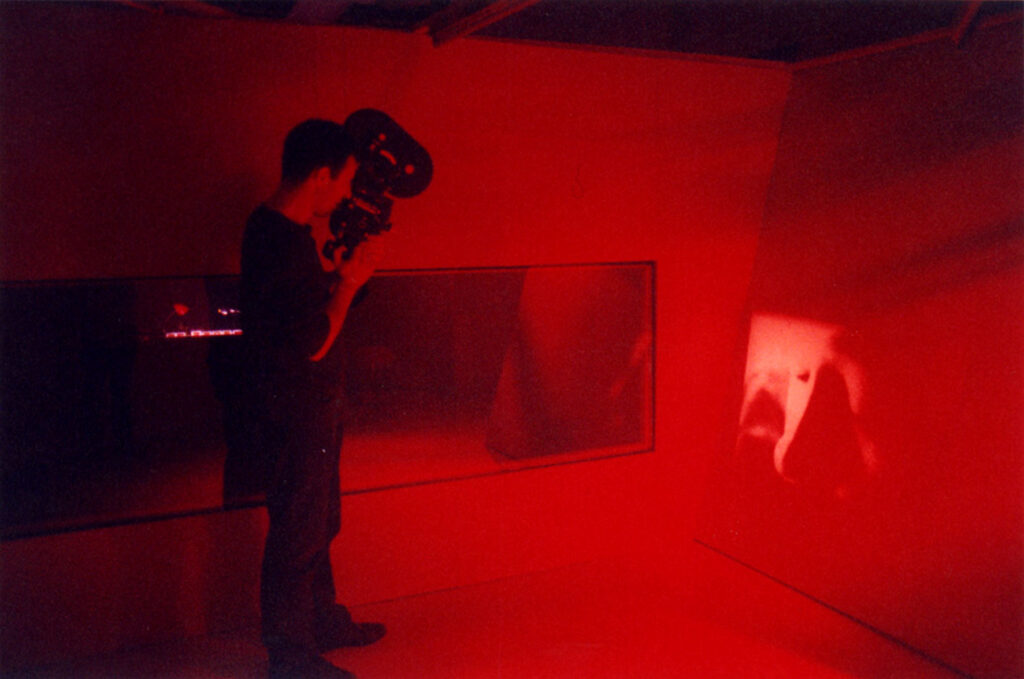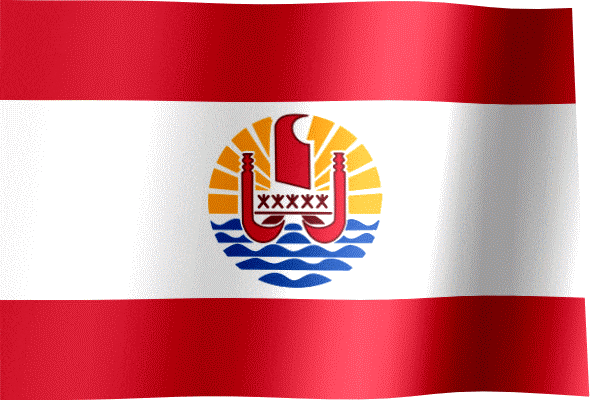
Olivier Dutel
English version below — Versi Indonesia di bawah ini
Après avoir dit adieu à l’acier, il réalise des films, des performances et des installations depuis 2001. Il est également programmateur de films, collectionneur d’émulsions et concepteur de divers fanzines, revues graphiques et d’espaces réels ou virtuels.
Physiquement, il passe beaucoup de temps au Gran Lux, une brasserie construite en 1882 transformée en dispositif cinématographique (salles de projection, studio, laboratoire, imprimerie, archives…) qu’il a contribué à créer à Saint-Étienne en 2003. Une base souterraine qui privilégie le grain de la pellicule sans écarter d’autres techniques d’enregistrement.
Son travail emprunte les chemins de traverse de la production cinématographique et débouche parfois sur des impressions risographiques, des recueils de documents photocopiés, des productions sonores et autres bases de données analogiques et numériques.
Si le médium argentique est au cœur de la pratique d’Olivier Dutel pour mieux lutter contre l’uniformisation des images du monde, les procédés à l’œuvre dans son travail quotidien sont les engrenages d’une machine tentaculaire brouillant les frontières entre cinéma et arts visuels.
Projections • Exhibitions • Pemutaran > Eye Filmmuseum (Amsterdam), IFFR (Rotterdam), Doclisboa (Lisbonne), Prisme (Nantes), Centre Pompidou (Paris), Punto de Vista Festival (Pamplona), Couvent de la Tourette (Eveux), Tapei National University of Arts (Taipei), tamtamART (Taipei), Underdox (Munich), Nova (Bruxelles), Spoutnik (Genève), Braquage (Paris), Kino Krokodil (Berlin), Les Inattendus (Lyon), 102 (Grenoble), ENSASE (Saint-Étienne), CNEAI (Paris), Wiener Feswochen (Vienne), Le 19 CRAC (Montbéliard), Oblo (Lausanne), Musée d’Art Moderne et Contemporain (Saint-Étienne), RAI International Festival of Ethnographic Film (Londres), Grand Rassemblement de projecteurs (Saint-Martin-de-Clelles), Le Cercle des cinés (Liège), Kino Climate (Bruxelles), Festival International du Film de Ljubljana (Slovénie), Festival des Cinémas Différents et Expérimentaux (Paris), La Comédie (Saint-Étienne), Grrrnd Zéro (Lyon), Côté Court (Pantin), Festival Tous Courts (Aix-en-Provence), ENSAG (Grenoble), Biennale d’art contemporain (Lyon), Gran Lux (Saint-Étienne), etc.
🇬🇧 Olivier Dutel
After saying goodbye to steel, he has been making films, performances and installations since 2001. He is also a film programmer, emulsion collector and designer of various fanzines, graphic magazines and real or virtual spaces.
Physically, he spends a lot of time at the Gran Lux, a brewery built in 1882 that has been transformed into a film facility (projection rooms, studio, laboratory, print shop, archives, etc.), which he helped to create in Saint-Étienne in 2003. An underground base that favours the grain of film, but does not disdain any recording technique.
His work takes the byways of film production and sometimes results in risographic prints, collections of photocopied documents, sound productions and other analogue and digital databases.
While the film medium is at the heart of Olivier Dutel’s practice, the better to combat the standardisation of the world’s images, the processes at work in his daily work are the cogs in a sprawling machine that blurs the boundaries between cinema and the visual arts.
🇲🇨 Olivier Dutel
Setelah mengucapkan selamat tinggal pada baja, Olivier Dutel telah membuat film, pertunjukan, dan instalasi sejak tahun 2001. Dia juga seorang programmer film, kolektor emulsi dan perancang berbagai fanzine, majalah grafis dan ruang nyata atau virtual.
Secara fisik, ia menghabiskan banyak waktu di Gran Lux, tempat pembuatan bir yang dibangun pada tahun 1882 yang telah diubah menjadi fasilitas film (ruang proyeksi, studio, laboratorium, percetakan, arsip, dll.), yang ia bantu ciptakan di Saint-Étienne pada tahun 2003. Basis bawah tanah yang mendukung butiran film, tetapi tidak meremehkan teknik perekaman apa pun.
Karyanya mengambil jalur produksi film dan terkadang menghasilkan cetakan risografi, koleksi dokumen yang difotokopi, produksi suara dan basis data analog dan digital lainnya.
Meskipun medium film merupakan inti dari praktik Olivier Dutel, yang lebih baik untuk melawan standarisasi gambar dunia, proses yang bekerja dalam kesehariannya adalah roda gigi dalam mesin yang luas yang mengaburkan batas antara sinema dan seni visual.
